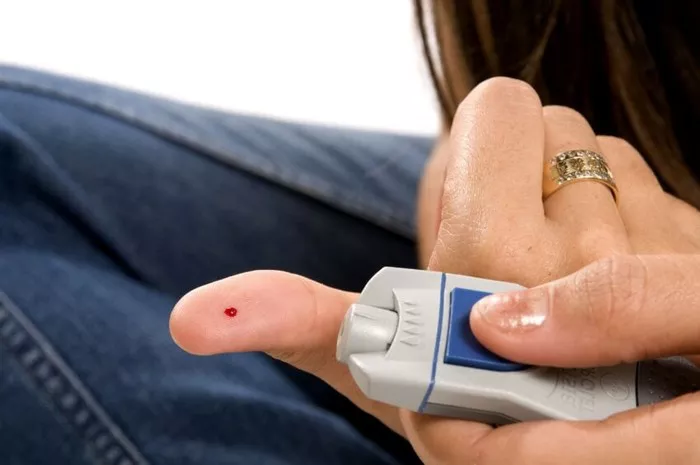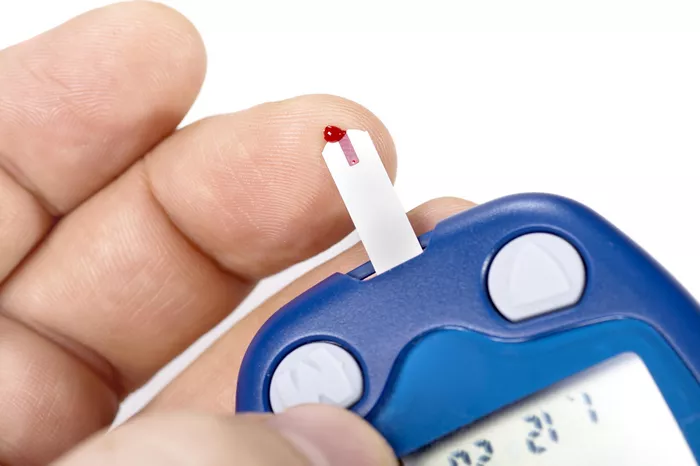In the realm of diabetes management, the delicate balance of blood glucose levels is paramount. Both hyperglycemia (high blood sugar) and hypoglycemia (low blood sugar) present significant risks and implications for individuals with diabetes. However, a fundamental question often arises: Which is worse? This article aims to explore the complexities of hypoglycemia and hyperglycemia, comparing their respective risks, short-term consequences, long-term complications, and management strategies.
Understanding Hypoglycemia
Hypoglycemia occurs when blood glucose levels drop below normal range, typically below 70 milligrams per deciliter (mg/dL). This state can be triggered by various factors, including excessive insulin or diabetes medication, insufficient food intake, increased physical activity, or alcohol consumption. Symptoms of hypoglycemia vary in severity and may include shakiness, sweating, confusion, irritability, dizziness, and in severe cases, loss of consciousness or seizures.
Immediate Treatment of Hypoglycemia
The immediate treatment of hypoglycemia involves raising blood glucose levels to prevent further complications. This can be achieved by consuming fast-acting carbohydrates such as glucose tablets, fruit juice, or regular soda. Glucagon injections may also be necessary in severe cases, especially if the individual is unconscious or unable to swallow.
Short-Term Consequences of Hypoglycemia
While prompt treatment can reverse hypoglycemia and prevent serious outcomes, untreated or recurrent episodes can have significant short-term consequences. These include impaired cognitive function, motor coordination, and judgment, which can increase the risk of accidents, falls, and injuries. Severe hypoglycemia can lead to seizures, coma, or even death if not promptly addressed.
Long-Term Complications of Hypoglycemia
Repeated episodes of hypoglycemia may have long-term consequences, particularly concerning the development of hypoglycemia unawareness. This condition occurs when individuals no longer experience the typical symptoms of low blood sugar, making it challenging to recognize and treat hypoglycemia promptly. Hypoglycemia unawareness increases the risk of severe episodes and can significantly impact quality of life.
Managing Hypoglycemia Risk
Effective management of hypoglycemia risk involves a multifaceted approach tailored to individual needs. This includes regular monitoring of blood glucose levels, adjusting insulin or medication doses as needed, consuming balanced meals and snacks, and incorporating regular physical activity. Education and awareness among patients, caregivers, and healthcare providers are also essential for recognizing and responding to hypoglycemia promptly.
Understanding Hyperglycemia
Hyperglycemia occurs when blood glucose levels rise above the target range, typically above 180 mg/dL. This can result from various factors, including inadequate insulin or medication, excessive carbohydrate intake, stress, illness, or lack of physical activity. Symptoms of hyperglycemia may include increased thirst, frequent urination, blurred vision, fatigue, and slow wound healing.
Immediate Treatment of Hyperglycemia
The immediate treatment of hyperglycemia involves addressing the underlying cause and lowering blood glucose levels to prevent further complications. This may include adjusting insulin or medication doses, increasing physical activity, drinking plenty of water to stay hydrated, and monitoring blood glucose levels closely. In some cases, medical intervention may be necessary, such as intravenous fluids or insulin therapy in a hospital setting.
Short-Term Consequences of Hyperglycemia
Untreated or poorly managed hyperglycemia can lead to acute complications such as diabetic ketoacidosis (DKA) or hyperosmolar hyperglycemic state (HHS). DKA is a life-threatening condition characterized by high blood ketone levels, metabolic acidosis, and dehydration, often requiring emergency medical treatment. HHS is a severe form of hyperglycemia characterized by extreme dehydration and hyperosmolarity, which can also lead to serious complications if not promptly addressed.
Long-Term Complications of Hyperglycemia
Chronic hyperglycemia is associated with an increased risk of long-term complications, including cardiovascular disease, neuropathy, nephropathy, and retinopathy. Prolonged exposure to elevated blood glucose levels can damage blood vessels and organs throughout the body, leading to significant morbidity and mortality among individuals with diabetes.
Managing Hyperglycemia Risk
The management of hyperglycemia risk involves comprehensive diabetes care aimed at achieving and maintaining target blood glucose levels. This includes regular monitoring of blood glucose levels, adherence to prescribed insulin or medication regimens, following a healthy diet and exercise plan, and managing other risk factors such as hypertension and dyslipidemia. Patient education and empowerment are critical for promoting self-management skills and reducing the risk of hyperglycemia-related complications.
Comparing Risks and Implications
Both hypoglycemia and hyperglycemia pose significant risks and implications for individuals with diabetes, albeit through different mechanisms. Hypoglycemia can occur suddenly and unpredictably, leading to immediate symptoms and potential short-term consequences such as impaired cognitive function and increased risk of accidents. Severe hypoglycemia can also have long-term implications, including the development of hypoglycemia unawareness and reduced quality of life.
On the other hand, hyperglycemia tends to develop more gradually and may be associated with fewer immediate symptoms, especially in the early stages. However, untreated hyperglycemia can lead to acute complications such as DKA or HHS, which require urgent medical intervention. Chronic hyperglycemia is also associated with a higher risk of long-term complications, including cardiovascular disease, neuropathy, nephropathy, and retinopathy, which can significantly impact health outcomes and quality of life.
Conclusion
In conclusion, both hypoglycemia and hyperglycemia present significant risks and implications for individuals with diabetes. While hypoglycemia can lead to immediate symptoms and short-term consequences such as impaired cognitive function and increased risk of accidents, hyperglycemia can result in acute complications such as DKA or HHS and chronic complications such as cardiovascular disease and neuropathy. Effective management of blood glucose levels is essential for minimizing the risk of both hypoglycemia and hyperglycemia-related complications and optimizing overall health and well-being in individuals with diabetes.
Related topics:
How Long Does Neonatal Hypoglycemia Last

























